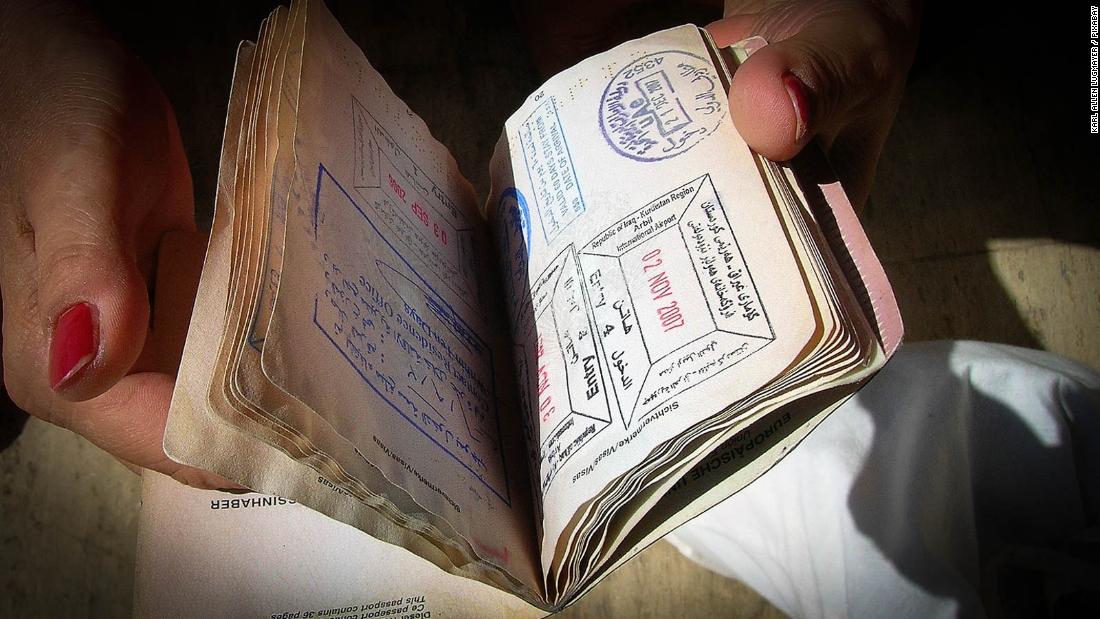Turkey’s EU bid receives support despite Cyprus deadlock
Background:
The island of Cyprus has been divided since the 1974 invasion by Turkey of the north in response to a Greek-backed military coup. The northern third is inhabited by Turkish Cypriots, led by Rauf Denktash. In 1983, this area declared itself the Turkish Republic of Northern Cyprus. It is recognised by Turkey only. The southern two-thirds of the island is populated by Greek Cypriots under the leadership of President Tassos Papadopoulos. A buffer zone is patrolled by the UN.
The United Nations-sponsored negotiations to reunify the island, re-launched on 19 February 2004, have taken on a sense of urgency with the prospect of the southern Greek side’s entry in the EU in May 2004. In the absence of an agreement by 1 May, only the Greek Cypriots will become EU members.
Issues:
Alongside the direct implications of the reunification attempts on Cyprus’ future, the issue has also assumed relevance in Turkey’s quest for membership in the EU. Reunifying the island by May would "greatly help" Turkey’s EU membership bid, Commission President Romano Prodi has said. According to press reports, a resolution on the Cyprus issue tends to be seen as a de facto precondition for Turkey’s EU membership by politicians in Ankara, notwithstanding that the official wording from Brussels hardly goes beyond references to the potential "damage" the failure of the Cyprus negotiations could cause to Ankara’s bid.
Positions:
Dutch Foreign Minister Ben Bot has said that in case of a failure to solve the Cyprus problem by May, "Holland’s attitude will be the same as usual. A solution is important for Cyprus, but solving the Cyprus issue is not an absolute condition for [Turkey’s] membership because it was not included as part of the Copenhagen criteria". The Dutch will be holding the EU presidency in the second half of 2004 when a decision on opening formal accession talks with Turkey is due to be taken.
According to British Foreign Secretary Jack Straw, there is no Plan B if the reunification talks fail. Britain, which has been a vocal supporter of Turkey’s EU membership bid, believes that it would not be in either the EU or Turkey’s interest for a divided Cyprus to enter the EU as it would make the problem of reunification "more difficult" to solve. "It’s for Turkey to decide whether it’s in its interests to join the EU, but by God, it’s in the European Union’s interests for Turkey to be inside that union," Mr Straw said.
European Parliament President Pat Cox has urged both sides to seize this "unique and unparalleled moment" in their negotiations, and said that a Cyprus resolution was not a precondition of the EU-Turkish dialogue (see EurActiv 3 March 2004).
The US State Department’s Special Coordinator for Cyprus, Thomas Weston, has said he saw a "very constructive approach" in Turkey towards a Cyprus solution. Following his talks in Ankara in early March, Mr Weston also promised "generous" US financial support for the island’s reunification.
On his recent visit to Turkey, Swedish Prime Minister Göran Persson also said that there was no direct connection between Turkey’s EU membership and Cyprus problem. "I cannot say ‘ok you solved the Cyprus problem’, let’s start talks. The criteria for the EU are clear. The only condition for saying this is to adopt the Copenhagen criteria completely," he said.
In the opinion of German Chancellor Gerhard Schröder (another staunch supporter of Turkey’s EU bid), finding a solution to the Cyprus issue before 1 May 2004 would constitute an "additional positive signal", but would not be considered as a precondition for Ankara’s EU membership.
A special committee of the Council of Europe said on 3 March that Turkey has already furnished proof for its democratic commitment, and therefore the country should be dropped from a list of states monitored for democratic shortcomings.
Next steps:
Under the UN plan, the Greek and Turkish sides have until the end of March 2004 to iron out their differences. The final reunification plan would then be drawn up by UN Secretary General Kofi Annan, to be submitted to separate referendums by both the Greek and the Turkish Cypriots on 21 April.


